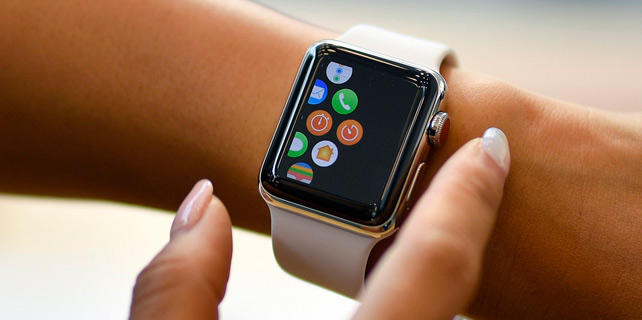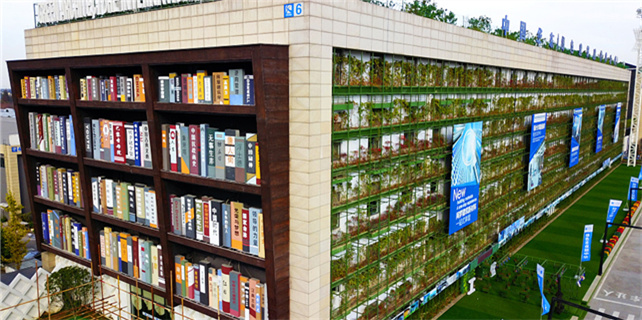AI helps to prevent Facebook suicide attempts
SAN FRANCISCO - US tech giant Facebook said on Monday that it is using artificial intelligence technology, including pattern recognition, to detect whether someone is expressing thoughts of suicide in a post or live video.
"Facebook is a place where friends and family are already connected and we are able to help connect a person in distress with people who can support them," the company said in a statement.
It said it is "using pattern recognition to detect posts or live videos where someone might be expressing thoughts of suicide, and to help respond to reports faster".
The world's largest social network also said it now has more workers to review reports of suicide and self-harm.
Facebook uses signals like the text in the post or comments, such as "Are you ok?", "Can I help?" as a warning that can alert first responders to help anyone who is thought to be likely to commit suicide.
"We are starting to roll out artificial intelligence outside the United States to help identify when someone might be expressing thoughts of suicide, including on Facebook Live. This will eventually be available worldwide, except the European Union," Facebook said.
Facebook currently has 2 billion users worldwide.
The move is a part of an effort to further support its at-risk users. Facebook has faced criticism for its Facebook Live feature, where some people have livestreamed graphic events, including suicide.
Xinhua
















